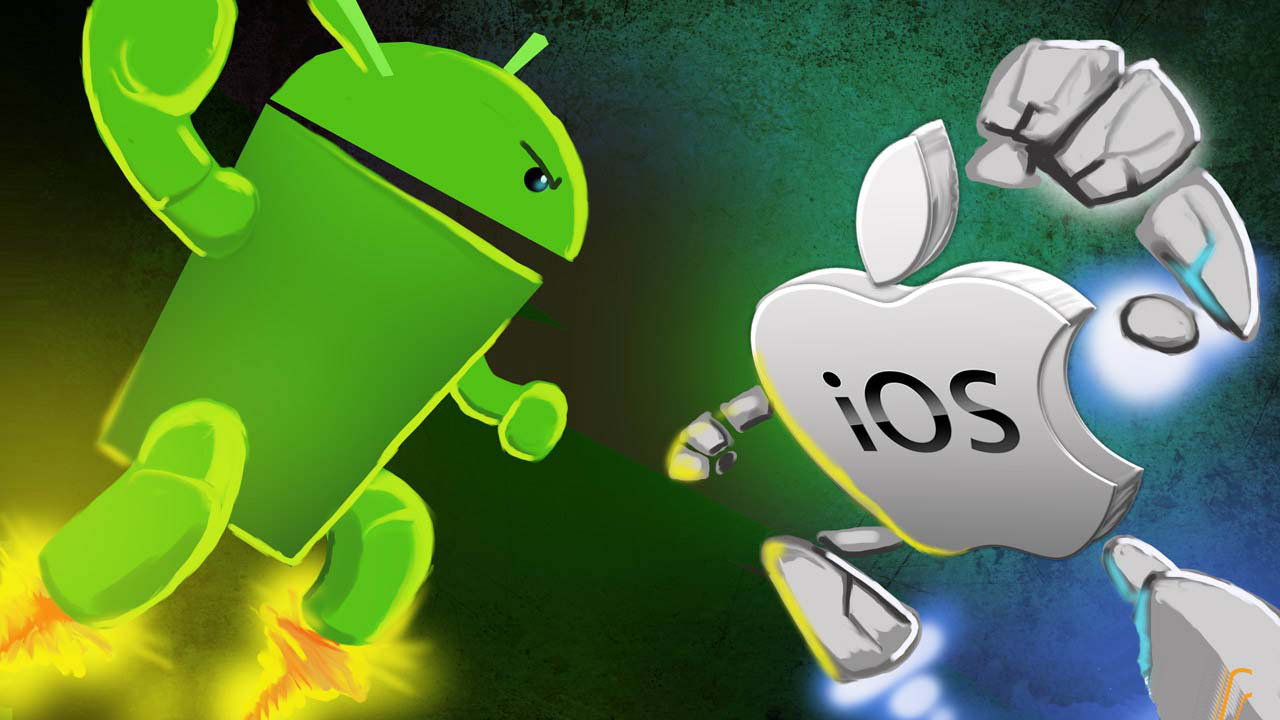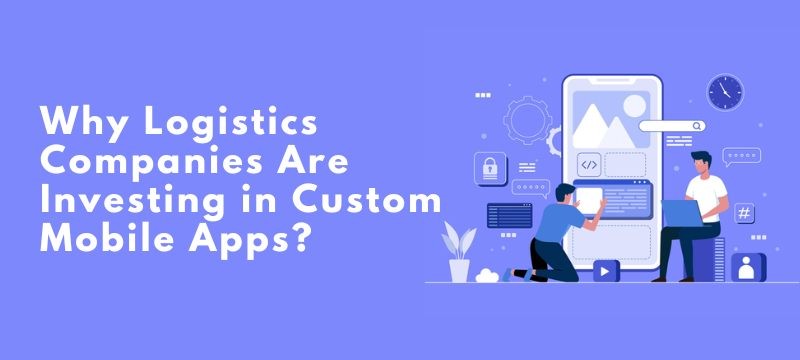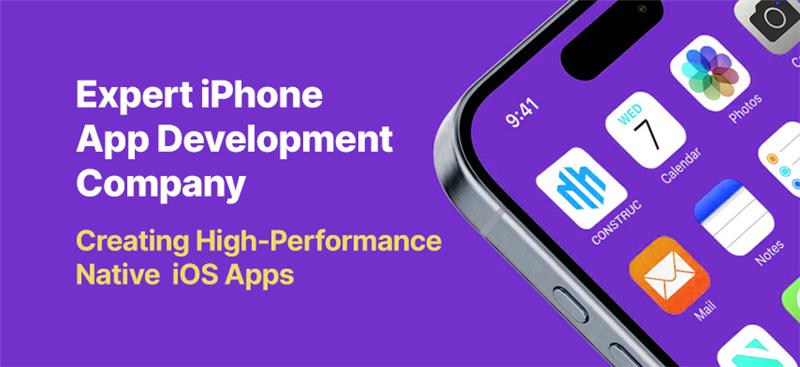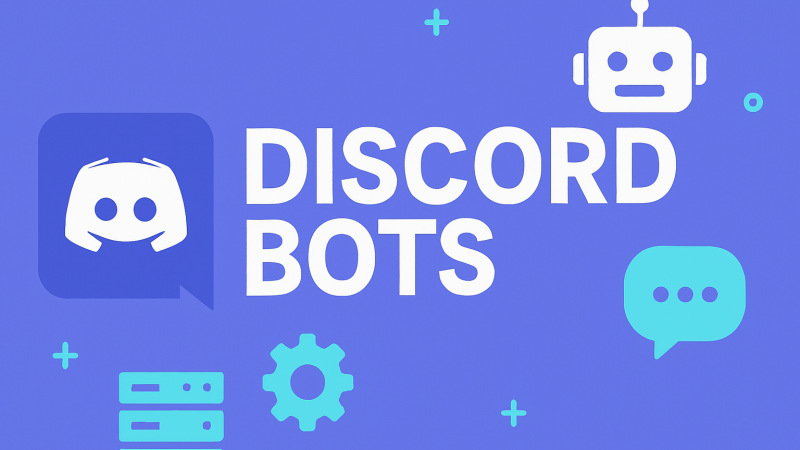iOS vs Android: which one to choose when building an app?

To make the right choice, let’s compare both operating systems in terms of basic parameters. Let’s take a look at ios development vs android development.
Programming language
Android applications are written in Java, which is a huge amount of code. IOS apps are built with Swift, which is much easier to learn than Java.
But don’t rush to make a choice! Android offers a good alternative – Kotlin. It is a new programming language that runs on top of Java. Development on it is intuitive and provides high readability of the code.
While the score is 1: 1
Screen size and resolution
For iOS, design development is not a problem, since Apple has a limited selection of devices, and it is always easier to create products for specific sizes.
But with Android applications it will be more difficult. There are many more smartphones on this OS (80% of the total market), and all have their own shapes and sizes. This means that applications must adapt to any of them.
Here the championship is for iOS. Score 2: 1
Navigation and design
Android apps are made up of sections, while iOS apps are made up of tabs. For example, Android devices have a button to step back, while iOS does not. Therefore, you will have to be smart about how to move from one page to another.
And one more advantage of Android – applications on smartphones look more realistic: there are layers, borders, shadows. Therefore, the score was equal 2: 2.
Monetization
App Store generates more profit for app developers than Google Play. But on the other hand, in the latter, twice as many applications are downloaded as in devices on iOS.
Therefore, the score is 3: 3. Draw!
It is up to you. But if you choose a cross-platform standard, then you don’t have to worry about making a choice at all.
Cross-platform development with React Native or Flutter
The advantage of cross-platform tools is that they allow you to create two applications at the same time. React Native and Flutter hybrid frameworks “tailor” your application to multiple OSes, so you don’t need to create unique elements separately for iOS and Android.
To start and create the first simple mobile applications, cross-platform development is what you need. Take it and use it!
What about PWA?
Good question. PWA (progressive web apps) are web applications that you can save to your phone and use them like regular applications. Since 2018, they are supported by all browsers, and their popularity is growing every year. Pay attention to this direction. Because progressive web applications:
* Downloaded immediately, regardless of the quality of the Internet connection.
* Outperforms regular sites in terms of speed.
* Usually weighs no more than 1 MB, which is much less than standard applications.
* They are able (as well as mobile applications)
* Send push notifications
* Work with geolocation
* Work with camera and microphone
PWA-based applications help to stimulate sales, simplify the search for products and companies, and increase the check. Besides, there are and will be orders for the development of these applications. Therefore, if you are looking for a promising direction in programming, you can safely start studying PWA development.
In general, mobile development is very similar to web development. The main thing is to stick to the stages of game development. For example, knowing how to use React for web development, you can “switch” to work with React Native in a matter of days and already create cross-platform mobile applications.
But again, without practice, nowhere. What’s even more important is the ability to get feedback from someone who understands the topic. So, it is highly recommend that before starting the training, find yourself such a person to whom you can turn for help or advice.






